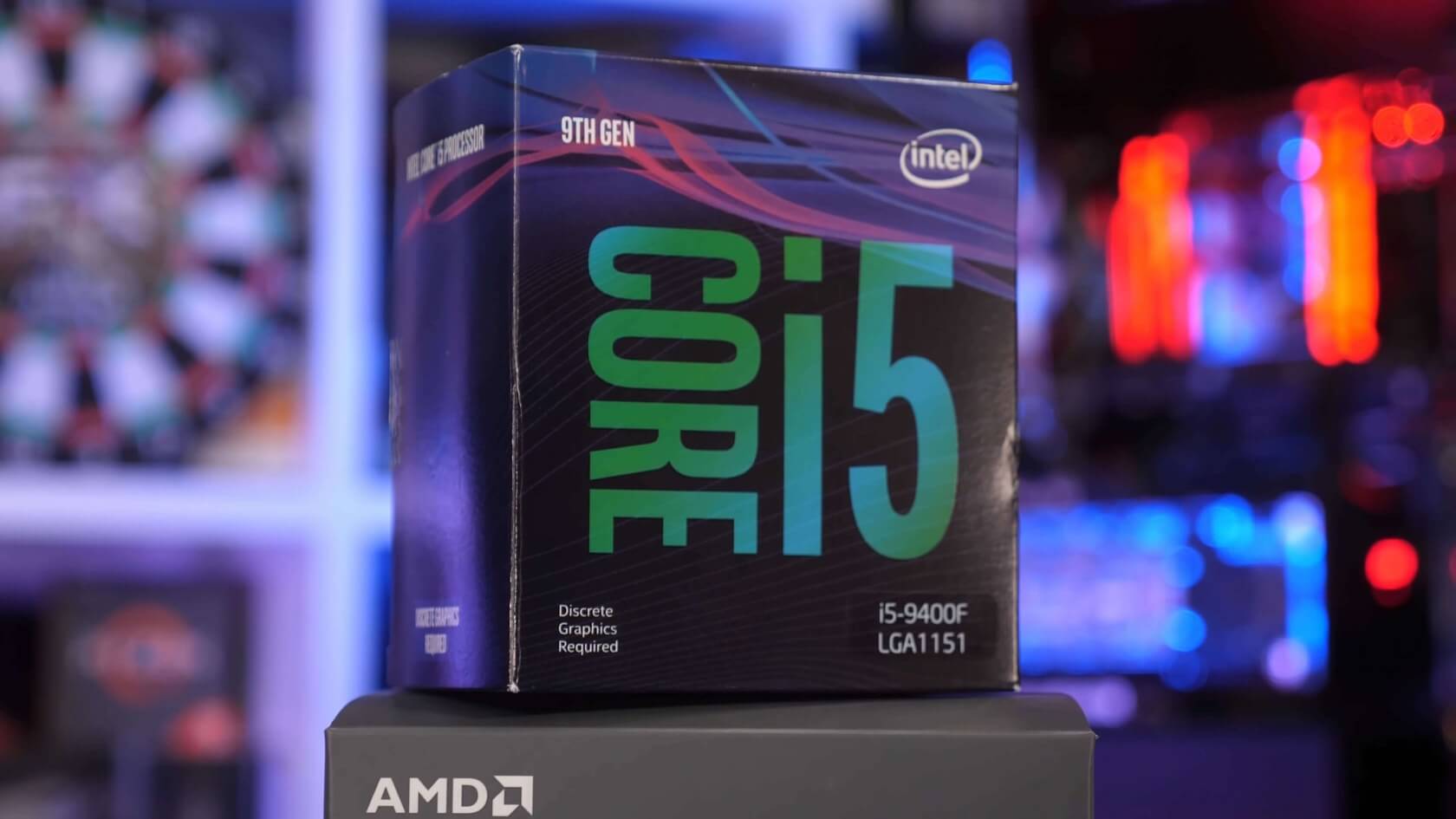"The Core i5-9400F is a good processor today, but when you consider the platform, future upgrade options are slim. In two years you’ll ideally want more than six threads and you will be stuck to second hand 8700K, 9700K or 9900K processors for a more powerful drop-in replacement"
Going to be devil's advocate here, but you dont talk about AMD here either. If you choose the ryzen 3600, in two years you'll ideally want more then 6 cores, and you'll be stuck with second hand 3700x and 3900x processors for a more powerful drop in replacement. AM4 is only supported through 2020, and its highly likely that zen 3 will have its own socket if it supports DDR5.
Besides that, I find the whole upgrade argument curious. Even old ivy bridge i5s (like the one in my backup rig) are still capable of keeping 60FPS+ in modern games, especially when OCed. People dont upgrade their CPU every 2 years anymore like they did in the 90s, I can easily see a modern machine lasting 6-8 years, 10 if you are stretching it. The only reason I upgraded was for a platform upgrade, NVMe boot and 32 GB RAM support, the CPU was just fine.
And "likely want more then 6 cores"? What would make you suddenly want 8 cores instead of 6 after 2 years? Dont say gaming - game consoles have had octo cores for an entire generation now, and still the main benefit of a 6 core is keeping background tasks off of the gaming cores, games themselves still rarely use more then 2-3 cores effectively. If you are the target market for 8 cores, you likely are already shopping ryzen 7 CPUs, and no matter how you slice it upgrading your CPU to a slightly better one ends up costing a lot more money then just buying what you need when you buy the machine in the first place.
